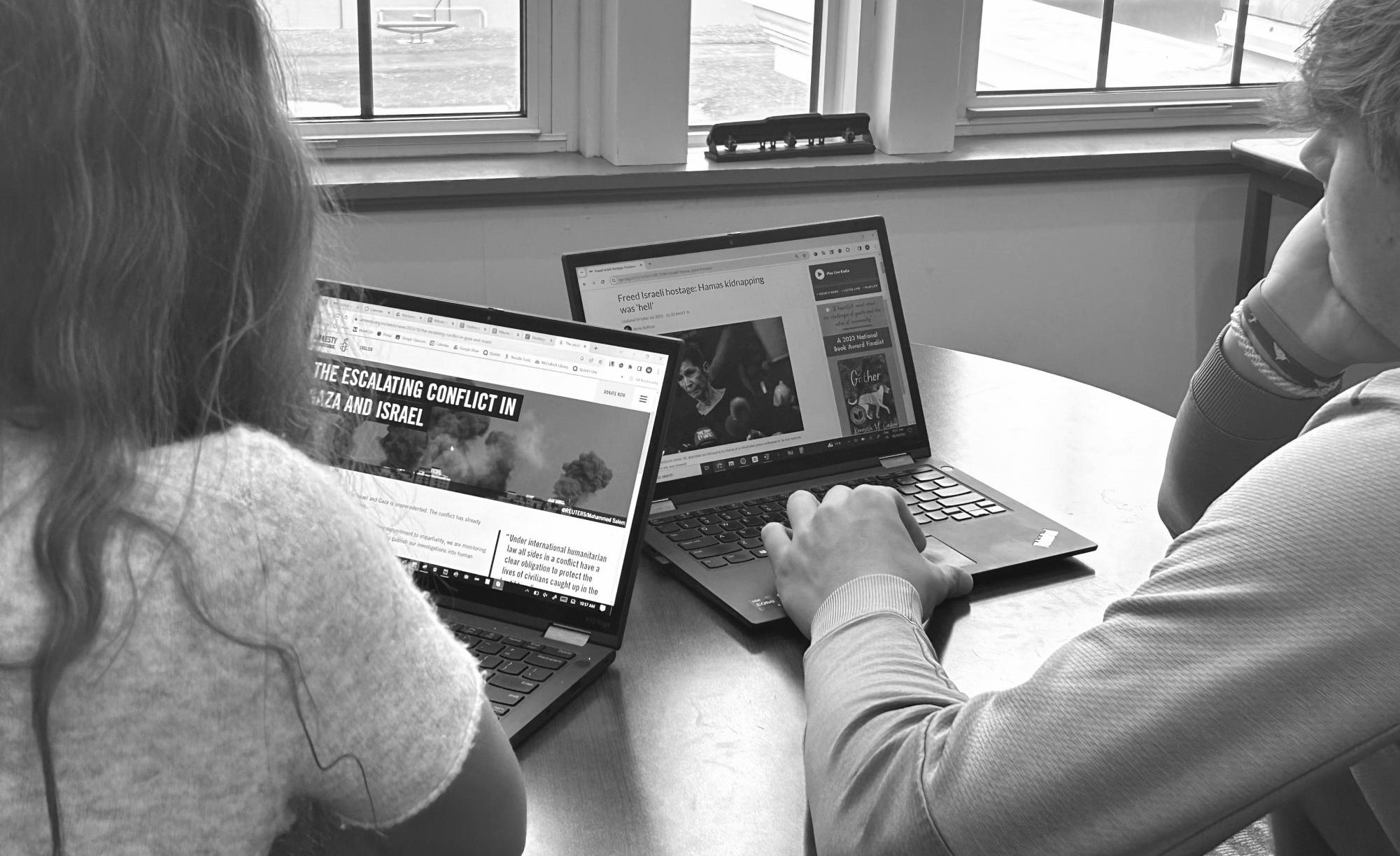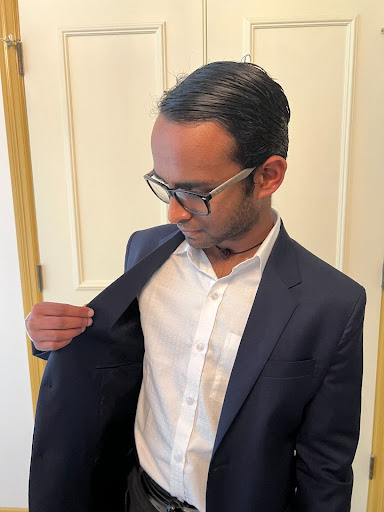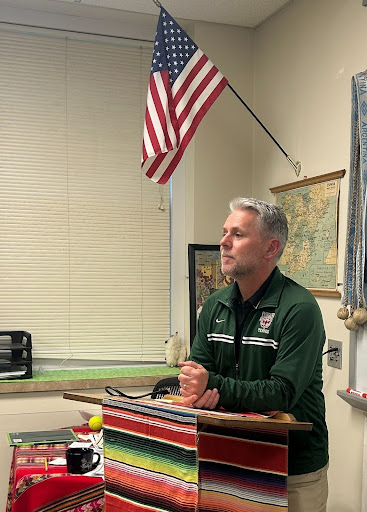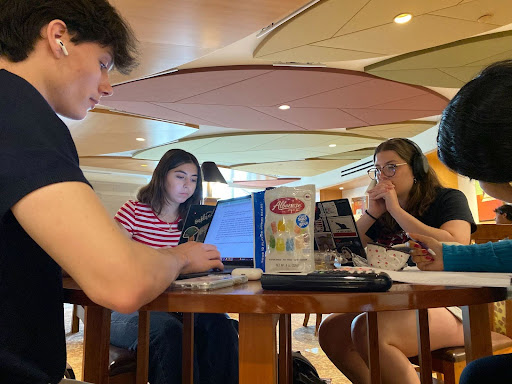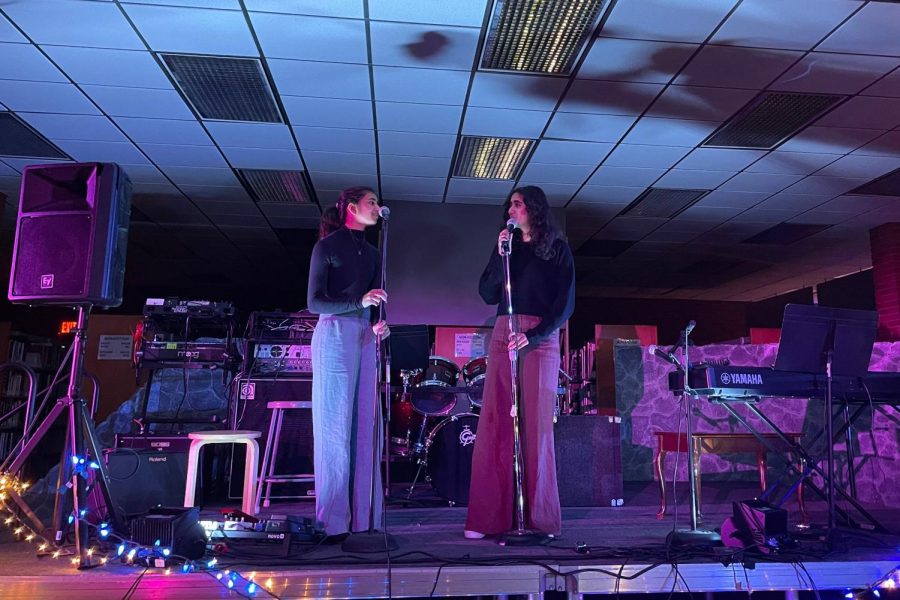The conflict between Israel and Palestine has been a focal point of the Middle-Eastern political and social climate for the last 75 years. However, recently the conflict has evolved into something more: the Israel-Hamas war. At the moment the Palestinian government in the Gaza Strip is being run by Hamas, an organization the United States and the European Union recognize as a terrorist organization, according to the Council on Foreign Relations. Within the last few weeks, Hamas launched attacks on Israel, affecting many civilians, women, children, and soldiers. According to the Wall Street Journal, Israel responded with over 6,000 bombs. Now both sides are engaging in all-out warfare, the outcome of which is, at the moment, unclear.
“This conflict just reminds me how much I don’t know. Even as an educator who spends time studying this and teaching this, it really shows me the limitations of my own understanding, trying to figure out how we learn to…have more dialogue and better understanding and get through the misinformation and the fear and hatred on all sides,” Dr. Tanya Roth, history teacher, said.
“I think it’s important everyone becomes educated,” Chloe Davis ‘24 said. Davis also noted that people should be “aware of the extreme polarization that is happening within our country but a lot of people aren’t educated about the subject”
“There is such an expansive history behind this and more important than who was there first, or who belongs there, is we’re all humans and we all deserve human rights, and that no matter who you think was there first, that doesn’t give you the right to murder or attack the other side; I really mean the other side, it doesn’t matter which side you’re on” Sonia Oulamine ‘24 said.
In the late 19th century, Zionists made efforts to establish an independent Jewish state—Israel, as we know it today—in the Middle East. At the time, the majority of people living in that area were Arab Muslims, as the land was controlled first by the Ottoman Empire and, after World War I, by Britain. After World War II the United Nations decided to divide the territory into two countries: Israel and Palestine. When the partition proposal passed and Israel declared statehood, the Arab-Israeli War of 1948 began, according to the Encyclopedia Britannica. As a result of this war and several future wars between Israel and Arab nations, many Palestinians were displaced to the rest of the Middle East.
“I think it’s also important that, if you know someone is Jewish, you shouldn’t automatically assume that they’re 100% ‘I stand with Israel, anti-Palestine’…I think it’s really important, again, to see the nuance of the situation, and look for the gray in the conflict. I think people make a lot of assumptions about people, and that can be really destructive to our communities” Davis concluded.
“A big distinction people need to learn to make is between Hamas and the greater Palestinian people…in the same way that I condemn Israel for what they do in Gaza, I condemn Hamas for what they did in Israel, I think it goes both ways,” Oulamine said.
References and Further Reading
https://www.britannica.com/event/Arab-Israeli-wars
https://www.britannica.com/place/Palestine/History
https://history.state.gov/milestones/1993-2000/oslo
https://www.britannica.com/topic/Hamas

